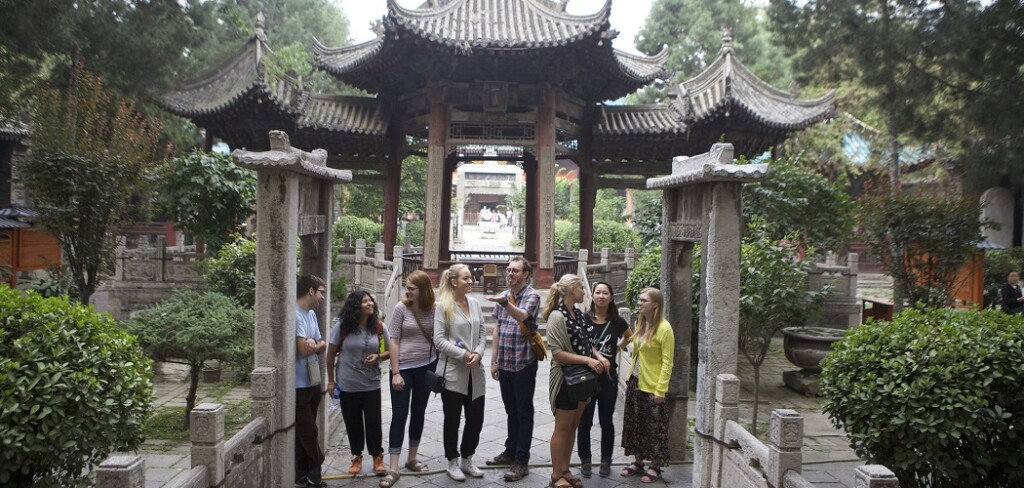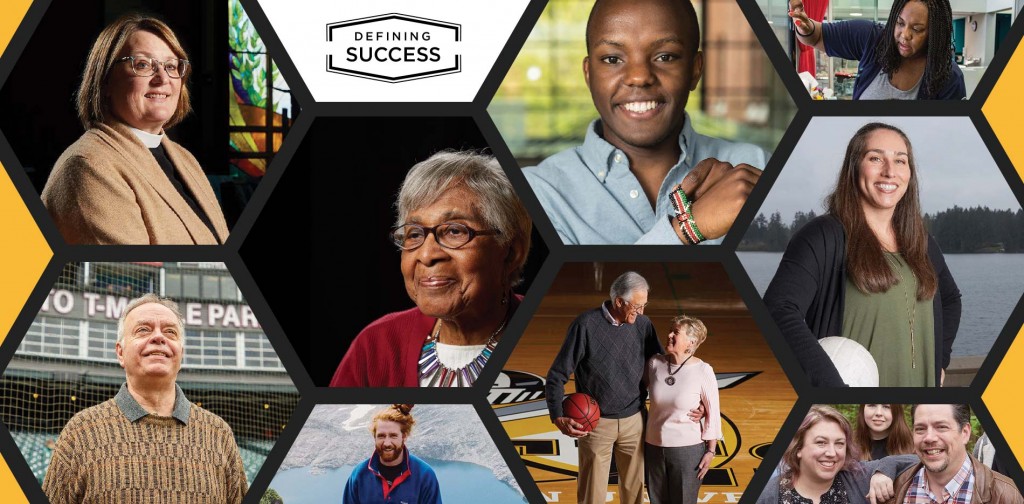Page 103 • (1,046 results in 0.053 seconds)
-

? Where do I get computer help? Where can I find updates about the Coronavirus? Upcoming Events loading events... All Events News loading news... All News ePass Apps Bookmarks ePass Apps Gmail Banner Care Form Sakai WordPress Calendar I&TS Help Desk I&TS Bookmarked Pages Bookmark your favorite pages for quick and easy navigation throughout the site. [Load from ePass] Button: Sign into ePass and load your saved favorites. This allows you to keep your favorites for any browser you are signed into ePass
-

? Where do I get computer help? Where can I find updates about the Coronavirus? Upcoming Events loading events... All Events News loading news... All News ePass Apps Bookmarks ePass Apps Gmail Banner Care Form Sakai WordPress Calendar I&TS Help Desk I&TS Bookmarked Pages Bookmark your favorite pages for quick and easy navigation throughout the site. [Load from ePass] Button: Sign into ePass and load your saved favorites. This allows you to keep your favorites for any browser you are signed into ePass
-

? Where do I get computer help? Where can I find updates about the Coronavirus? Upcoming Events loading events... All Events News loading news... All News ePass Apps Bookmarks ePass Apps Gmail Banner Care Form Sakai WordPress Calendar I&TS Help Desk I&TS Bookmarked Pages Bookmark your favorite pages for quick and easy navigation throughout the site. [Load from ePass] Button: Sign into ePass and load your saved favorites. This allows you to keep your favorites for any browser you are signed into ePass
-

fairs? Where do I get computer help? Where can I find updates about the Coronavirus? Upcoming Events loading events... All Events News loading news... All News ePass Apps Bookmarks ePass Apps Gmail Banner Care Form Sakai WordPress Calendar I&TS Help Desk I&TS Bookmarked Pages Bookmark your favorite pages for quick and easy navigation throughout the site. [Load from ePass] Button: Sign into ePass and load your saved favorites. This allows you to keep your favorites for any browser you are signed into
-
including Adobe and Gateway Computer. Gibbs has also served as vice president of corporate communications at Nike, where she was chief communications strategist and spokesperson on a wide range of issues including regulatory concerns, production sourcing and labor practices, mergers and acquisitions and financial performance during one of Nike’s most rapid periods of global expansion. Prior to Nike, Gibbs was director of public relations at Mattel, Inc., where she was a member of an integrated brand
-

college fairs? Where do I get computer help? Where can I find updates about the Coronavirus? Upcoming Events loading events... All Events News loading news... All News ePass Apps Bookmarks ePass Apps Gmail Banner Care Form Sakai WordPress Calendar I&TS Help Desk I&TS Bookmarked Pages Bookmark your favorite pages for quick and easy navigation throughout the site. [Load from ePass] Button: Sign into ePass and load your saved favorites. This allows you to keep your favorites for any browser you are
-
vice president at The Weber Group (later Weber Shandwick Worldwide), where she managed six offices and participated in managing key enterprise accounts including Adobe and Gateway Computer. Gibbs has also served as vice president of corporate communications at Nike, where she was chief communications strategist and spokesperson on a wide range of issues including regulatory concerns, production sourcing and labor practices, mergers and acquisitions and financial performance during one of Nike’s
-
to a successful IPO in 2004. Earlier, Gibbs was executive vice president at The Weber Group (later Weber Shandwick Worldwide), where she managed six offices and participated in managing key enterprise accounts including Adobe and Gateway Computer. Gibbs has also served as vice president of corporate communications at Nike, where she was chief communications strategist and spokesperson on a wide range of issues including regulatory concerns, production sourcing and labor practices, mergers and
-

breadth of his education, beyond his computer science major. He knows that being a better writer, for example, will help communicate his ideas in business. Originally, he wanted to be a doctor — “the definition of a solid job,” he says. It took some effort to convince his mom that he could build a company and still be a success. Now his parents, who gave him his love of learning and education, are proud. “I’m very persistent when I want something,” he says. “That’s just how I am.” Excel, experience I
-
write an essay response to the case in which they proceed through a sequence of prescribed steps that conclude with their choice of the most ethical decision. 36Digital StoryDigital storytelling at its most fundamental level is the practice of using computer-based tools, such as video, audio, graphics, and Web publishing, to tell stories. The stories may be personal or academic, but for either focus, students share relevant life experiences as they attempt to connect to an audience about a given
Do you have any feedback for us? If so, feel free to use our Feedback Form.


